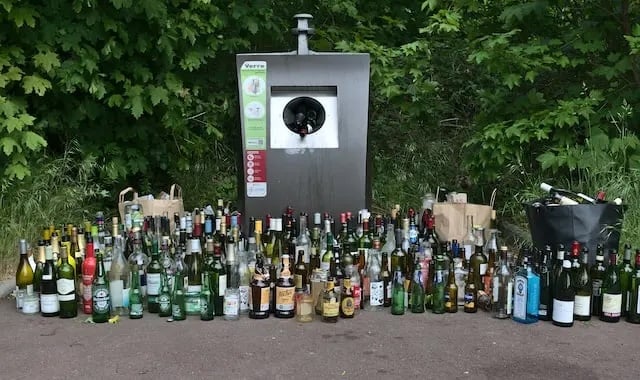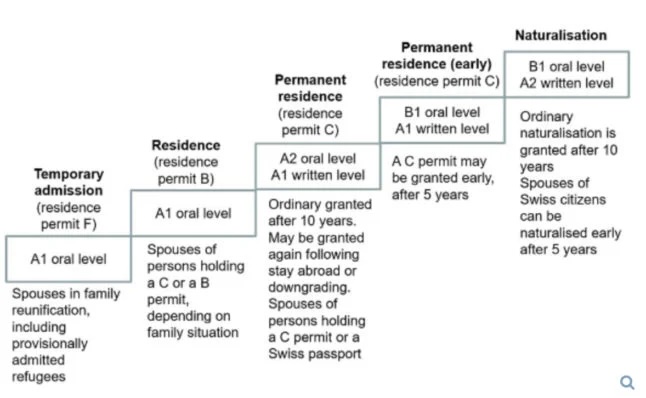Zurich, Geneva, Basel are all beautiful cities with plenty of offers for their residents, but which would top the list of the best place to live in Switzerland? Turn out, none of them.
A new quality of life study commissioned by the daily newspaper Handelszeitung looked into several criteria to determine the best places in the country. The Gemeinderatings 2022 evaluated 944 municipalities with more than 2,000 inhabitants to make the ranking.
READ ALSO: Health, prices, and safety: Is Switzerland a good country to retire in?
Among the criteria to determine how attractive each area is, they looked into taxation issues, how safe the cities are, how many jobs are available, the quality of the real estate market (both when buying and renting properties) and the level of support for elderly residents.
Additionally, Handelszeitung looked into matters such as the availability of leisure offers, access to public transportation, and sustainability factors as well.
These are the top ten places to live in Switzerland:
- Cham, Canton Zug
- Zug, Canton Zug
- Risch, Canton Zug
- Altendorf, Canton Schwyz
- Walchwil, Canton Zug
- Meggen, Canton Lucerne
- Meilen, Canton Zurich
- Hergiswil, Canton Nidwalden
- Hünenberg, Canton Zug
- Baar, Canton Zug
German-speaking Switzerland dominates the list
The best city, Cham, did exceptionally well in the criteria of taxes (reaching the fifth spot) and real estate (11th in the ranking for this criteria). The neighbouring city of Zug secured second place, followed by Risch, all in the same canton.
Switzerland’s French or Italian-speaking areas have certainly not fared well, and all the country’s top ten cities are in German-speaking cantons. Moreover, Canton Zug gets an impressive number of six towns (and the top 3) in the best 10.
READ ALSO: MAP: The best cantons for business in Switzerland
The first French-speaking city in Switzerland to show up in the ranking comes only in 63rd place: Pregny-Chambésy, in the canton of Geneva. Then, Saint-Sulpice (VD) follows in 69th place, Carouge (GE) in 73rd, and Lutry (VD) in 95th).
Italian-speaking Switzerland does even worse: it only appears in 90th place with Collina d’Oro.




 Please whitelist us to continue reading.
Please whitelist us to continue reading.
Member comments